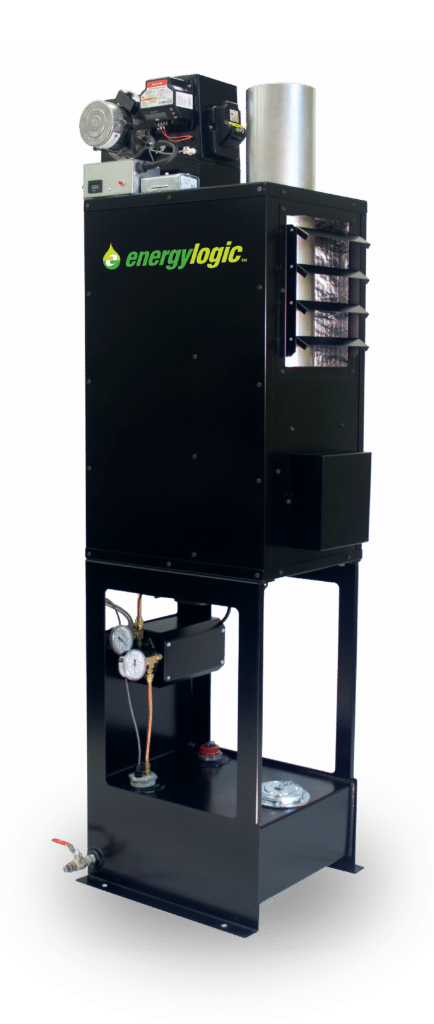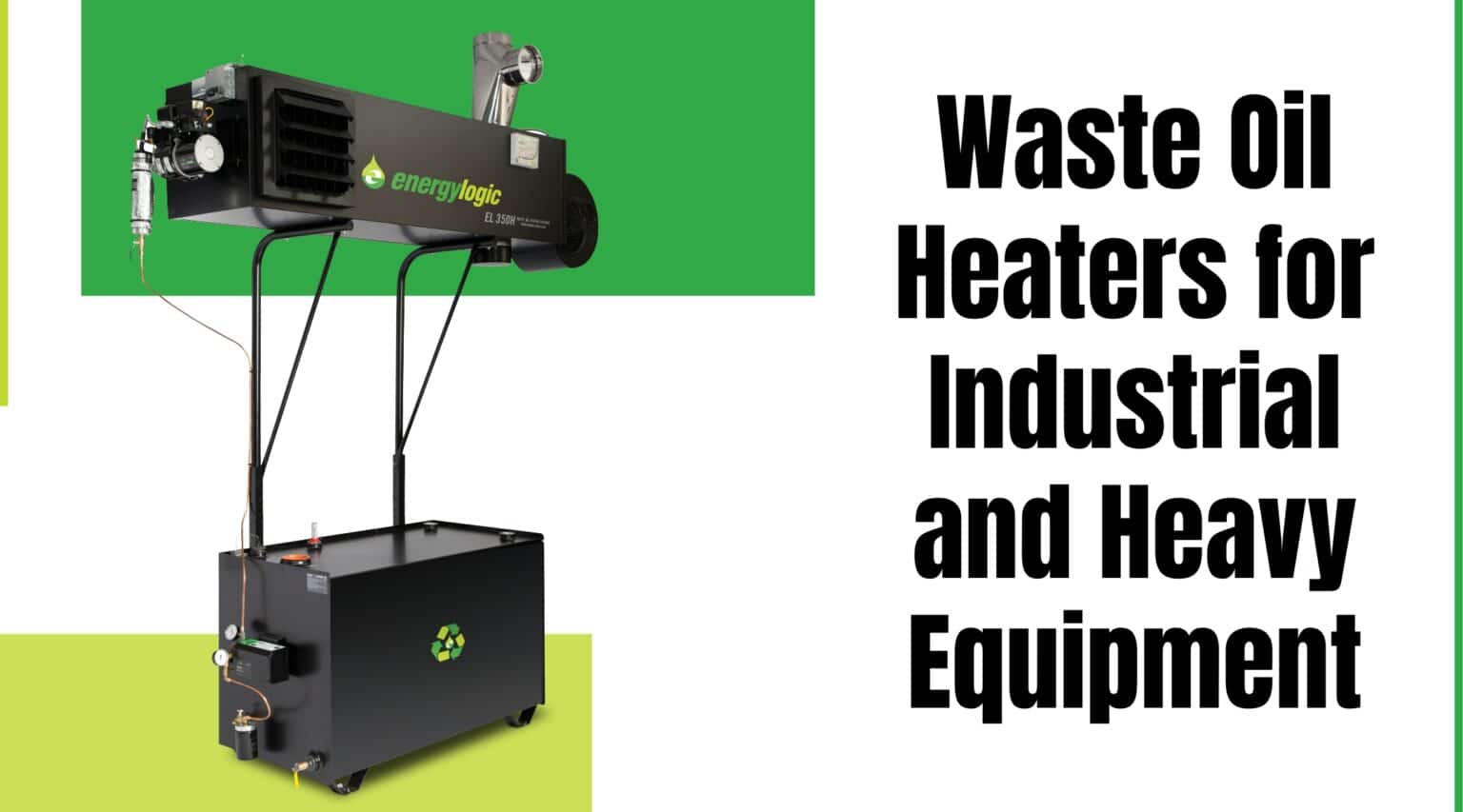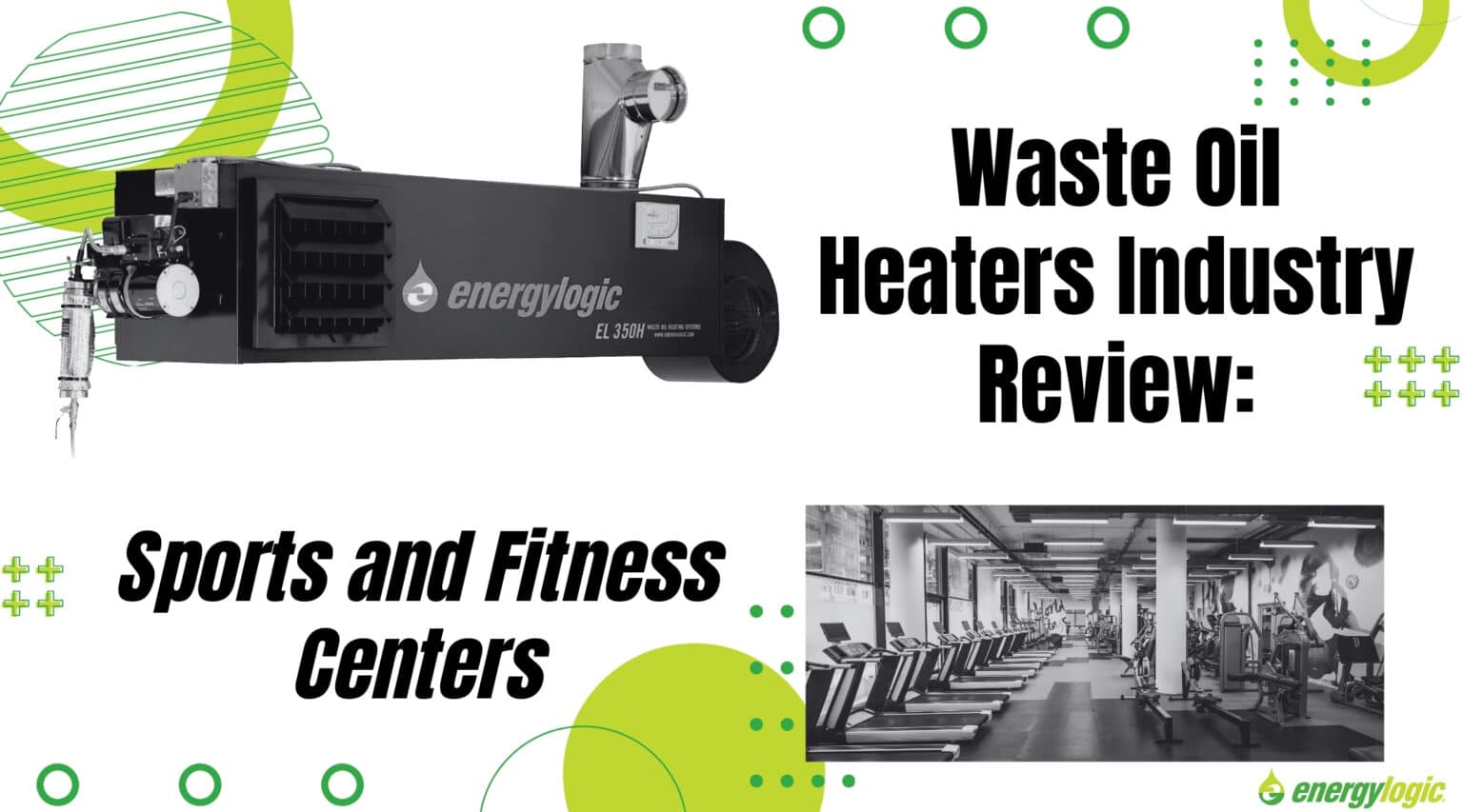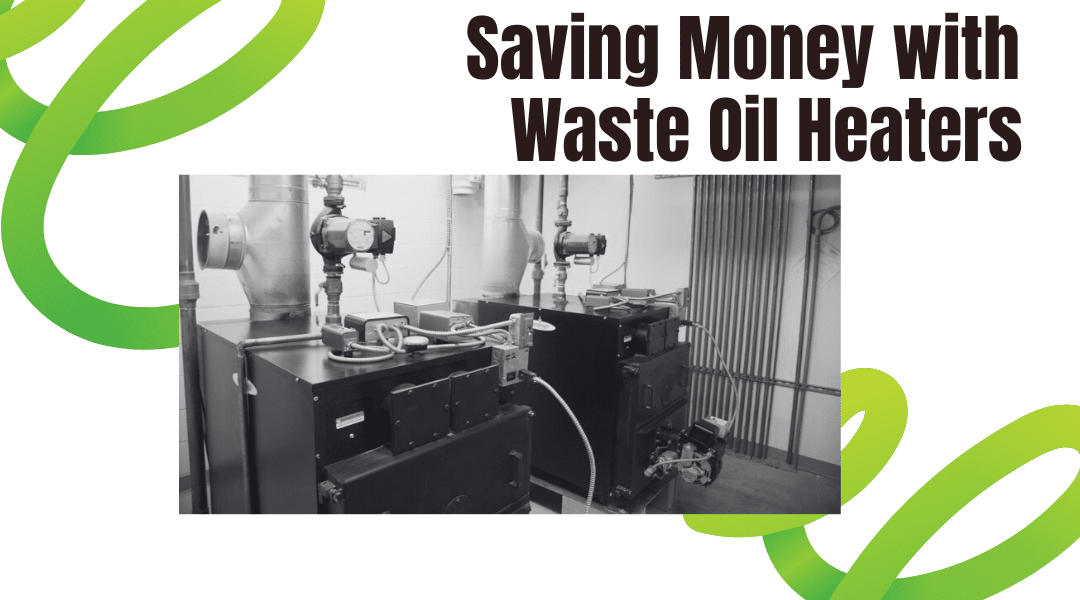Did You Know South Carolina Enforces Comprehensive Used Oil Regulations?
Improper disposal of used motor oil significantly harms the environment, especially South Carolina’s lakes, rivers, and groundwater. In fact, according to the US Environmental Protection Agency (EPA), just 1 gallon of motor oil dumped down a drain or on the ground can pollute 1 million gallons of freshwater.

Protecting our natural resources and the individuals that use them is vital. That is why the EPA established standards and best practices that businesses and individuals should use when handling hazardous waste oil. South Carolina takes the standards one step further with its own mandatory motor oil recycling laws for DIYers and businesses.
If you are an individual or a business that changes oil in cars, trucks, motorcycles or lawnmowers, you need to know that used oil MUST be recycled. It’s the law.
Waste Oil Recycling Laws in South Carolina
South Carolina’s laws on the disposal and recycling of waste oil are pretty clear. Individuals and businesses cannot dispose of waste oil in landfills, sewers, septic tanks, surface water, other water sources, or in the ground. South Carolinians are also banned from using waste motor oil for road oiling, dust control, weed abatement, or similar applications. Additionally, the collection, storage, and transportation of used motor oil cannot endanger the environment or the public’s health. Therefore, the only option for South Carolina residents is to recycle the oil according to state guidelines.

South Carolina’s Department of Health and Environmental Control outlines the current standards for used oil recycling in regulation 61-107.279. The regulations cover standards for energy recovery with used oil burners, transferring used oil between locations, and reprocessing or re-refining used oil. Listed in the current regulations are three stipulations of note:
- Burning of Used Oil (Subpart B.279.11):. As long as the oil burned does not contain more than the maximum amounts of arsenic (5 ppm), cadmium (2 ppm), chromium (10 ppm), lead (100 ppm), or other trace hazards, individuals and companies may burn it for energy recovery purposes. Further regulatory constraints dictate when and how individuals burn used oil that exceeds allowable levels.
- Used Oil Collection Centers (Subpart D.279.31): The state imposes specific rules and restrictions on any business or government agency that takes used waste oil as part of a recycling program. Any place that accepts used oil for collection must register with the state and follow all applicable rules for containment and recycling.
- Used Oil Storage (Subpart G. 279.64): In South Carolina, anyone who manages, recycles, or burns used oil must keep the oil in aboveground containers. Storage owners who fail to keep containers in good condition and free of leaks may face penalties.
Individuals and businesses who produce used motor oil in South Carolina must comply with these state regulations. Those who do not may face fines and penalties.
The Benefits of Recycling Waste Oil in South Carolina
Luckily, oil doesn’t wear out. It just gets dirty. Therefore there are many benefits to recycling waste oil in South Carolina. If taken to a recycling center, used oil can be re-refined into new products. For example, one gallon of used motor oil provides the same 2.5 quarts of lubricating oil as 42 gallons of crude oil. Additionally, it takes less energy to produce it, conserving environmental resources.

Used oil can also be safely burned to create energy. For example, take the Santee Cooper GOFER Program highlighted in South Carolina’s Used Motor Oil Recycling Annual Report for Fiscal Year 2019. Santee Cooper collected 492,370 gallons of used oil from DIY collection sites and more than 1 million gallons of used oil from industries, commercial operations and farms in FY19. Santee Cooper used the majority of this used oil as supplemental fuel to make electricity for South Carolinians.
Options for Recycling Waste Oil in South Carolina
For DIYers
If you are an individual, recycling waste oil in South Carolina is simple and convenient. You just need to find a certified collection center. Luckily there are over 900 collection sites throughout the state for individuals. Companies such as Auto Zone, NAPA, Walmart, Tractor Supply Company, and various local agencies often act as collection centers that accept waste oil for free. To find the location nearest you, please visit Recycle Here SC or www.irecycleoil.com. Residents are encouraged to call ahead to ensure the location is a participating retailer.
For Businesses
Businesses have access to a few more options. In addition to partnering with re-refineries and export recycling programs, an automotive center may invest in a high-efficiency heating and cooling system that complies with state regulations.

Instead of worrying about maintaining regulations for transferring used oil from place to place, consider using waste oil produced onsite as a free source of energy. Waste oil boilers, heaters, and fans can save businesses money on monthly energy bills, improve comfort levels on hot summer days, and help enterprises maintain regulatory compliance. Click here to learn more about how a waste oil burner can provide heat and reduce energy costs in your business.
Complying with South Carolina’s waste oil laws doesn’t have to be a hassle. Consider the benefits of waste oil heating today. EnergyLogic can help you turn a regulatory requirement into a benefit for your business.
Sources:
https://scdhec.gov/sites/default/files/Library/Regulations/R.61-107.279.pdf
https://scdhec.gov/environment/land-management/solid-waste/used-oil
https://scdhec.gov/sites/default/files/media/document/SC%20Used%20Motor%20Oil%20Recycling%20Annual%20Report%20FY19.pdf




